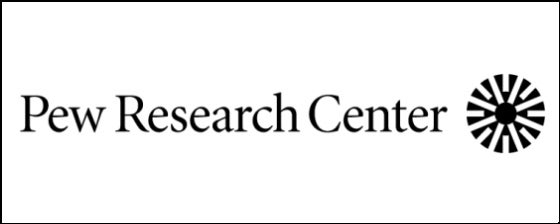
In the summer of 2021, Professor Hendler and 433 technology innovators, developers, business and policy leaders and researchers responded to the 13th “Future of the Internet” canvassing by Pew Research Center and Elon University’s Imagining the Internet Center. Two reports followed, one of which covered responses to the question of whether online spaces can be improved by 2035. The second report, titled “Visions of the Internet in 2035”, was published earlier this month and focused on responses to one question from the initial canvassing that asked for examples of digital life that could be different in 2035 than it is today.
Professor Hendler’s insights are found in the themed section of this latest report which is titled “Tackling wicked problems”, where he wrote:
"Imagine if a community organizer in, say, Bangalore could discover a solution that had worked for a problem in Baltimore, discover and interact with those who’d made it happen and figure out how to adapt it to their local issue (with appropriate cultural changes). All of this despite language and culture difficulties. It is well within the realm of possibility to do this sort of thing today as one-offs, as domain-specific solutions in certain areas, or with significant resources – but not easily, not cheaply and not at the local level. The creation of such ‘social machine’ software is a vision that has been around for a while. It is motivating research work and is likely to be available in the next decade."
In the “Closing thoughts” section of the report, insights were also provided by David Porush, a longtime professor at RPI and author.
Overall, the authors of “Visions of the Internet in 2035”, concluded all report contributors hope for a digital environment that promotes fact-based knowledge, offers better defense of individuals’ rights, empowers diverse voices and provides tools for technology breakthroughs and collaborations to solve the world’s wicked problems.
